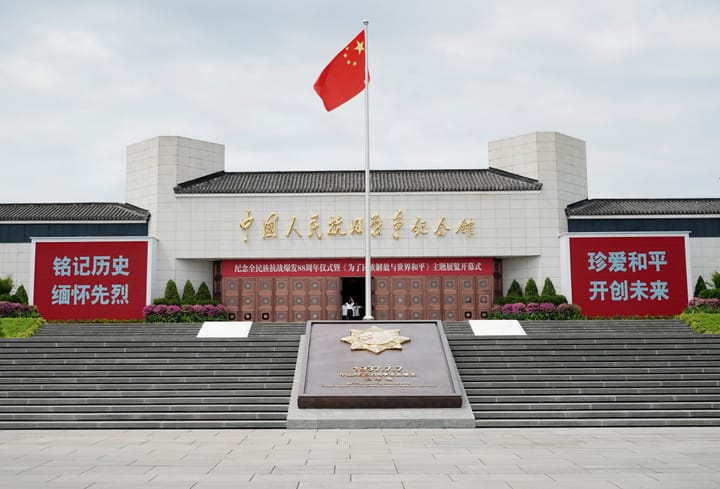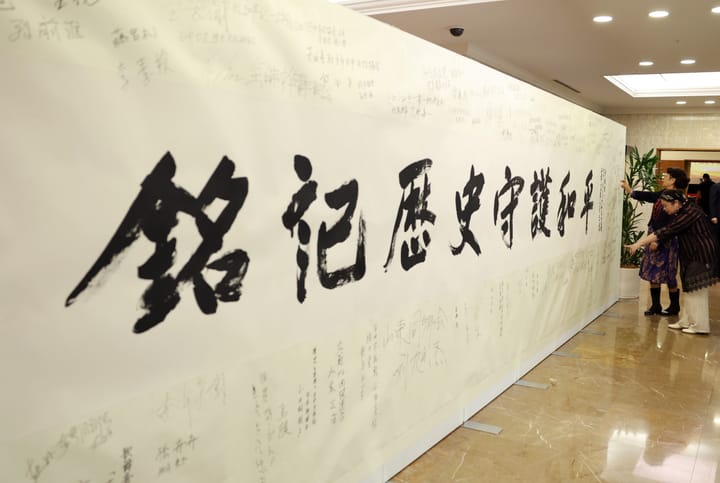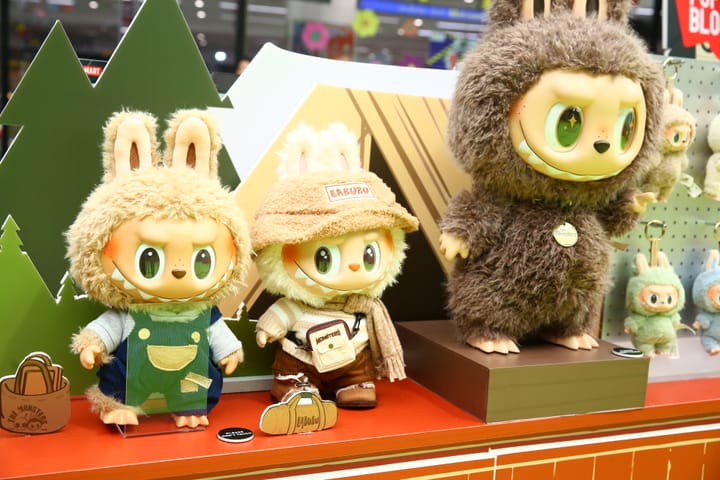Beyond Zongzi: Unwrapping the Heart of China’s Dragon Boat Festival

By Ryan Yeh
As the sweet aroma of steamed rice and reed leaves wafts through kitchens across China this week, millions of families are preparing zongzi—pyramid-shaped sticky rice dumplings nestled in green leaves. To the uninitiated, this delicacy might seem like the Asian version of the tamale. Yet, within each zongzi lies a story far richer than any filling—a tale of loyalty, sacrifice, and love for one’s homeland that has resonated for over two millennia.
The Dragon Boat Festival, known as Duanwu Jie in Chinese, traces its origins to a summer day in 278 BC. Qu Yuan, a revered poet and statesman of the ancient Chu Kingdom, stood by the Miluo River, overcome with despair. Word had just reached him that his homeland had fallen to invading forces. He once lamented, “Long I heaved a sigh and could not hold back tears, saddened I am by the hardship of my people.” In a final act of devotion to a nation he could no longer save, and true to his profound grief, he clasped a stone to his chest and plunged into the river’s currents.


